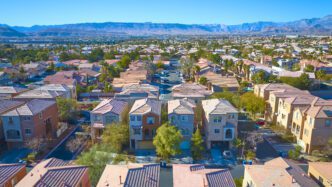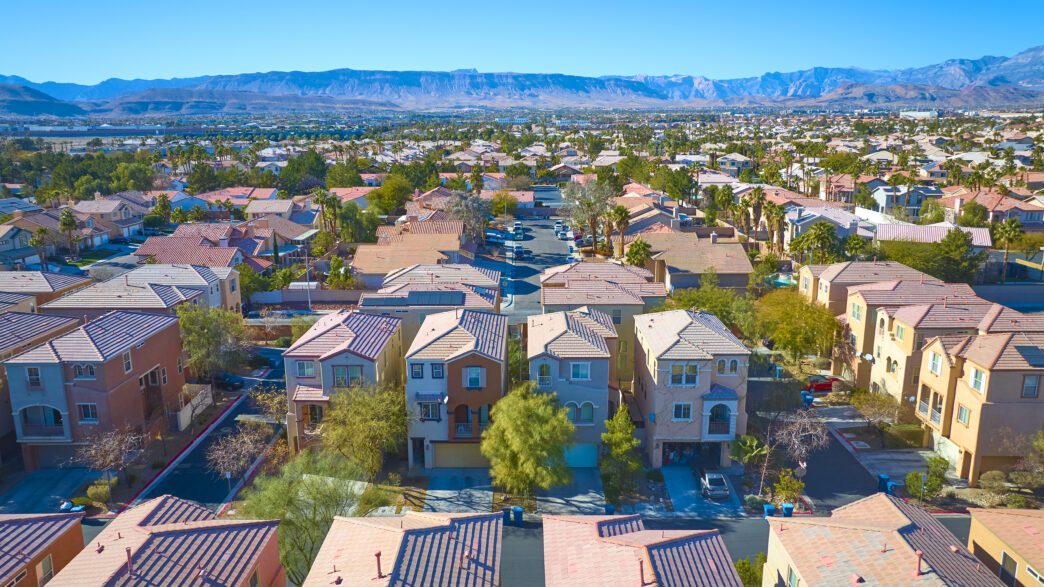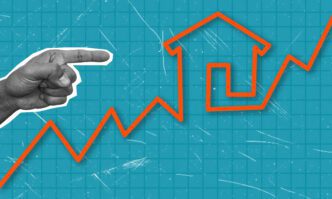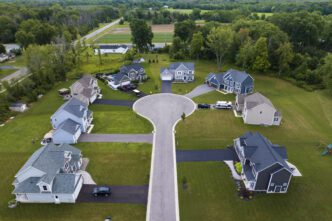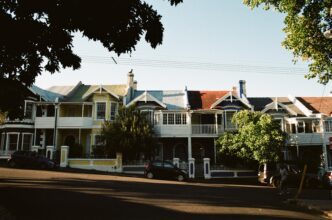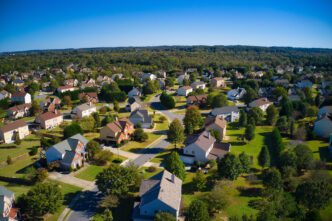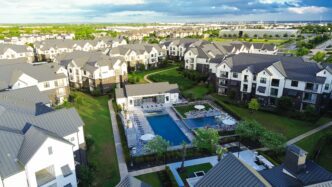Executive Summary
- The Las Vegas real estate market has shifted to strongly favor buyers, driven by high interest rates and affordability concerns.
- Buyers are reportedly receiving significant incentives, including price discounts and contributions of up to 6% toward closing costs on new homes.
- Sellers are being advised to expect longer listing periods, with homes potentially remaining on the market for 45 to 60 days.
- A local realtor suggests the market could potentially shift back to favor sellers by 2026, contingent on future interest rate changes.
The Las Vegas housing market has shifted to favor buyers, who are now benefiting from price reductions, significant incentives, and more negotiating power as sellers adjust to longer listing times. High interest rates and broader affordability challenges are shaping the current real-estate landscape in the valley, according to local market analysis.
First-time homebuyer Jake Siazon, who purchased a home in September, navigated the difficult environment of high interest rates but ultimately found a property that suited his needs. He emphasized the critical role of his real estate agent in the process. “The interest rate is so high right now, and trying to find a house that has a low interest rate so I won’t be paying such a high mortgage,” Siazon said, adding, “I actually had the help of a realtor. They ended up helping me out a lot throughout the whole thing.”
According to William Crawford, a Las Vegas realtor, current conditions heavily favor those looking to purchase property. “They’re getting discounts on their prices,” Crawford explained. “If you look at new constructions, they’re sometimes offering up to 6% in closing costs. That’s a lot of money if you’re spending $500,000.” With the average home price in Las Vegas between $450,000 and $480,000, such incentives can be substantial.
This buyer-centric environment means sellers must recalibrate their expectations. Crawford noted that the abundance of available properties can lead to extended time on the market. “Even if you have a house that sets you apart, you could be sitting for 45 to 60 days,” he advised. “As long as you have that expectation, is okay. You’ll end up finding a buyer.”
Looking ahead, Crawford speculates that the market could shift back toward sellers by 2026, potentially influenced by the end of Federal Reserve Chair Jerome Powell’s term in May of that year. “We may see a big interest rate drop,” he stated. “If that does happen, things will really then jump back up and skyrocket because at the end of the day, it’s all about affordability.”
For now, affordability remains a significant hurdle in a city that has seen rapid growth. Siazon, a long-time resident, observed the noticeable increase in the cost of living. “Over the course of the past few years, it just seems like all the prices are going up,” he said. “I’m pretty sure that’s everywhere else in the country, but here it’s a noticeable change.”

